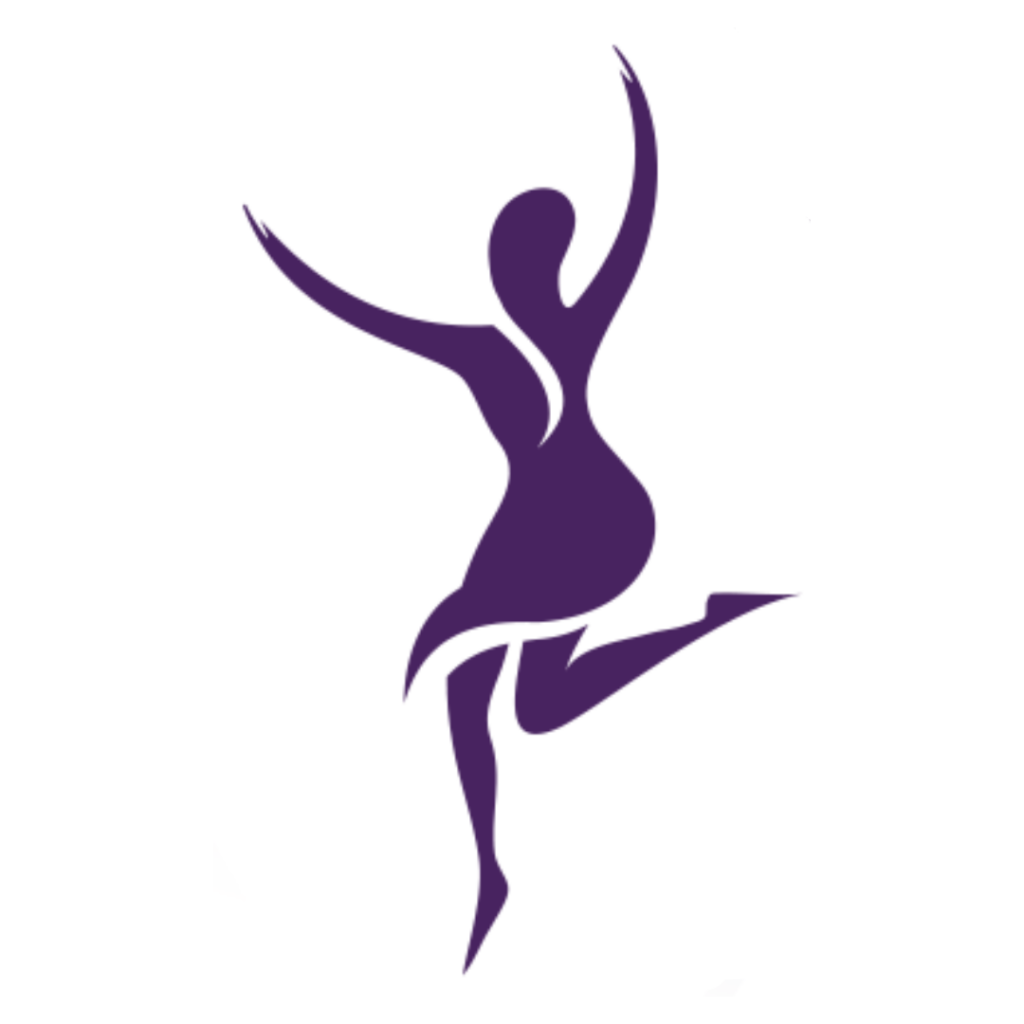By Sister Erencia Saipweirik

Woman, who is she? She is a person created by God and for God to bring about life. She is the life bringer and life bearer in spiritual and physical ways. She is someone very important and valued in our families and societies across the world. Her body was designed to nourish, to feed and to console. When you compare ancient culture with biblical commands and expectations, God design is more liberating for women than cultural norms. Culture, ancient and modern, has typically had an extremely low view of women. Women serve. Women do the heavy labor. Women are to be seen and not heard. Women don’t have voice in decisions.
Way back in the Garden of Eden, God had an extremely high view of women. “So God created man in his image, in the image of God he created him; male and female he created them” (Gen. 1:27). Both men and women carry God’s image. God put them on the same level of worth and value. They are both God’s. Both embody God’s glory and design. Women are as much a part of God’s Realm as men . Men and women are to be one. They are living out God’s design and are equally created.
True equality benefits everyone. Regardless of where you live, gender equality is a fundamental human right. We are all agents of change experiencing the same humanity. Regardless of gender, we are all in this together, shaping our daily life together. When they partner in ministry, great fruitfulness and joy are the beautiful result.
World Vision stated that women are the backbone of families and are crucial to the growth and development of communities. They play an integral role in society, and they make significant contributions to the world. Catherine McAuley felt the same way when she said: “No work of Charity can be more productive of good to society than the careful instruction of women.” This quote speaks volumes as it emphasizes the transformative impact that educating and empowering women can have on society as a whole.
I feel inclined to think about the women closest to me, the matriarchs of my family and the families of the women in my island regions. They won’t be found in newspapers, history books, or any local list of accomplishments. Rather they can be found in our family albums, in the stories told to generations after generations, and in the hearts and minds of people whom they touched.
What I remember most about the women in my family is that they did it all. They worked hard, cared for their children and cared for the home. They served in church and served our island community.
My Chuukese/Micoronesian culture is a beautiful one, but it must grow in its valuation of women. The Micronesian culture is male dominated. Men are first to eat and first to be served. Women are always second. Women are not permitted a voice and are consider disrespectful if they speak up.
Thank God in my family I was given the space to speak. I was told that women have a significant voice. We are allowed to talk and express ourselves whenever we wanted to. My family has come a long way from the cultural practices when it comes to women rights and equality.
This isn’t limited to Mirconesian culture, however. I’ve been in professional meetings where men don’t give women the space to speak. Leadership roles across the globe are still held predominately by men. I pray and hope that someday this will no longer be the case. In the Micronesian Culture you need cultural validation – so for us to have women leaders you have to have a local history that not only proves but supports women in leadership roles.
We must continue to work together to create a world where women are valued, respected and empowered. We need to continue addressing unconscious biases and implicit associations that form an unintended and often an invisible barrier to equal opportunity. To the men among us, you can work alongside women to achieve gender equality and embrace healthy, respectful relationships.
It is important to truly understand who you are, but also be open to what you learn; in my case, what I’ve been learning outside of my family and island culture has helped foster inclusion and equality in our communities.
Below are some reflection questions regarding our treatment of women in our circle of life, in Mercy, and in our world:
1. How much do we value the women in our lives?
2. How much we value and respect the women working with us in our ministries or professions? Do we treat them with respect? Do we give them equal participation in all spheres of life?
3. Do we give the women in our lives the opportunity for their voices to be heard? Do we take their perspectives into account when making important decisions contributing to their wellbeing and overall social development?
4. How do you actively communicate with women at our places of work to make them feel included?
5. What practical steps have you taken to reduce the barriers faced by women such as flexible working hours, work life balance, maternity leave, and remote working?